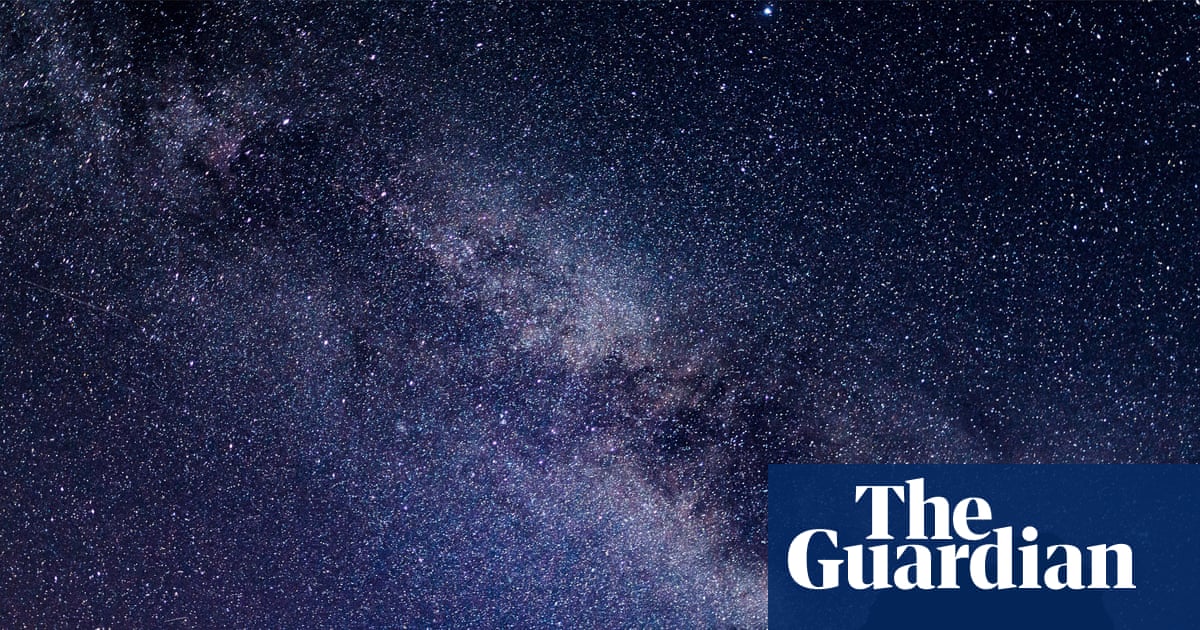
"Astronomers have cast doubt on a Nobel prize-winning theory that the expansion of the universe is accelerating, suggesting that instead it may be slowing down. If confirmed, this would have profound implications for the fate of the universe, raising the possibility that rather than expanding for ever, the universe could ultimately enter a reverse big bang scenario known as the big crunch."
"The latest work focuses on the reliability of observations of distant supernovae (exploding stars) that led to the discovery of dark energy, work that was awarded the 2011 Nobel prize in physics. It has been 27 years since the discovery of dark energy and the accelerating universe, said Lee. There was a key assumption, however, which turned out to be incorrect. It's like doing up a shirt with the first button fastened incorrectly."
New observations suggest cosmic expansion may already be slowing rather than accelerating, implying dark energy is weakening over time. Measurements of distant type Ia supernovae are reevaluated, undermining the assumption that led to the accelerating-universe inference and indicating more rapid temporal evolution of dark energy. If confirmed, the expansion slowdown could reverse long-term cosmic expansion and permit a future contraction or big crunch. The findings echo independent results from the DESI consortium and provoke strong scepticism in the community. The reliability of supernova observations, the nature and dynamics of dark energy, and the ultimate fate of the universe become central unresolved questions.
Read at www.theguardian.com
Unable to calculate read time
Collection
[
|
...
]